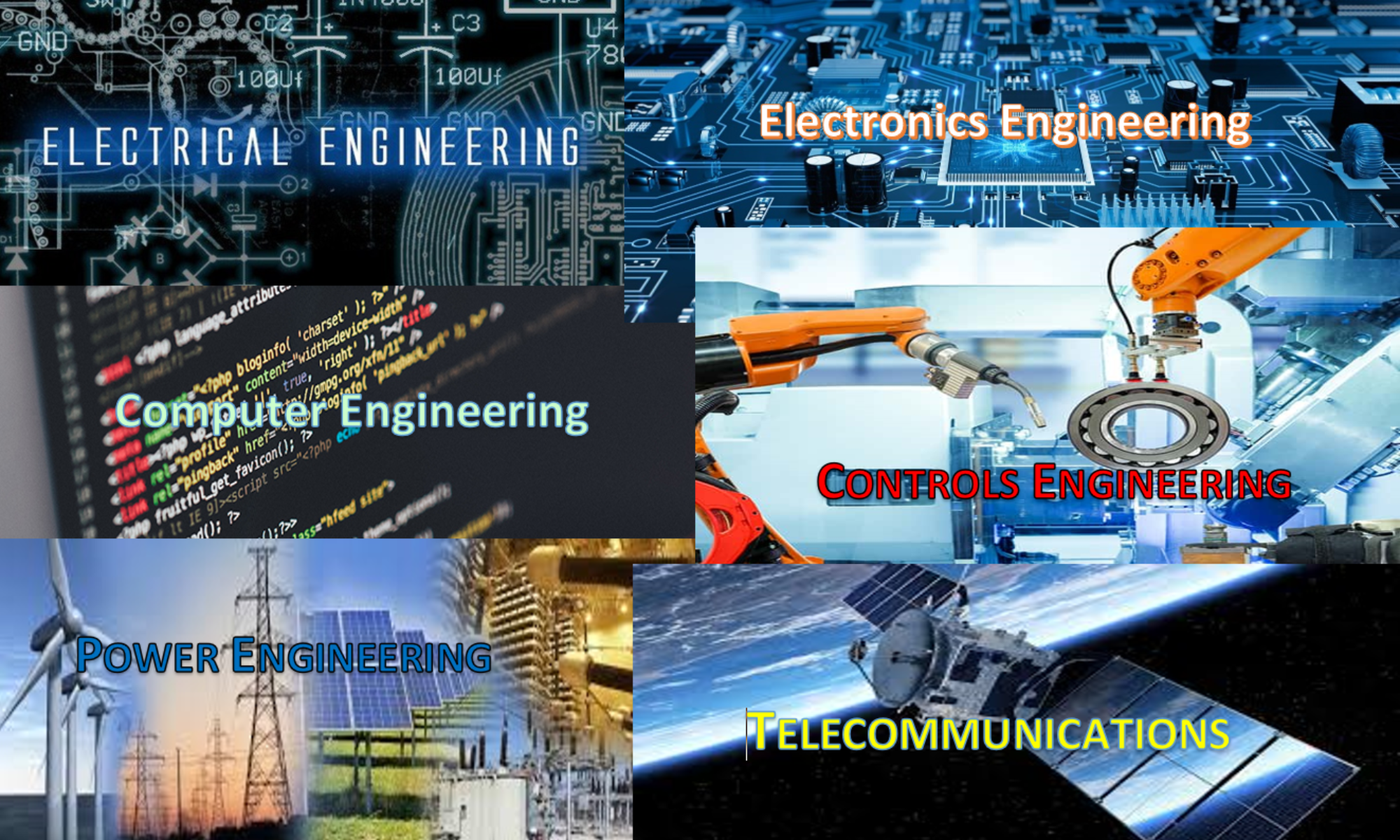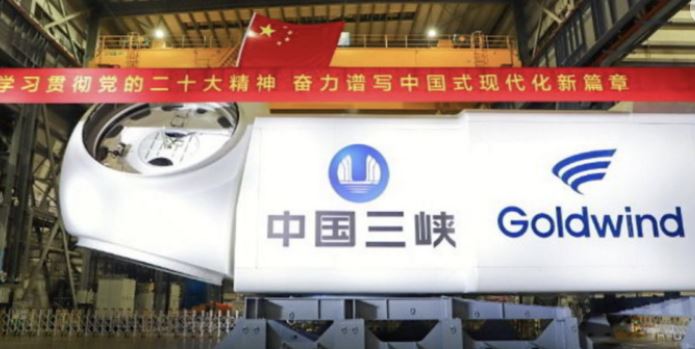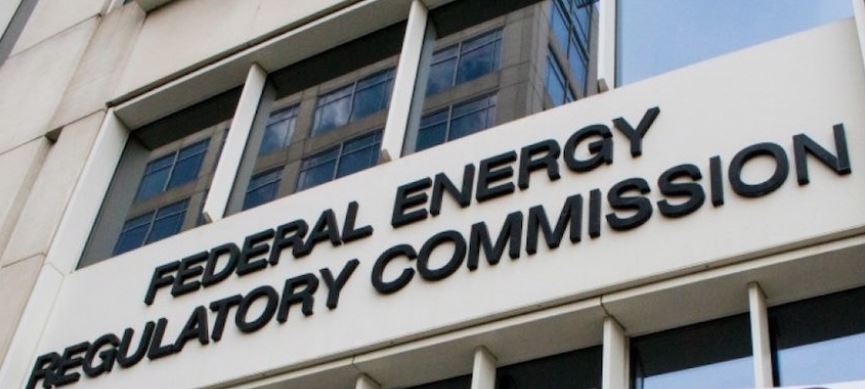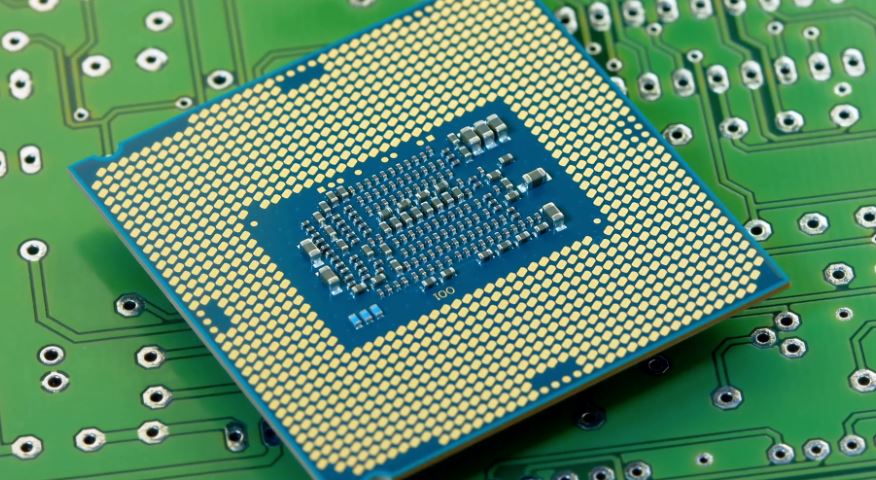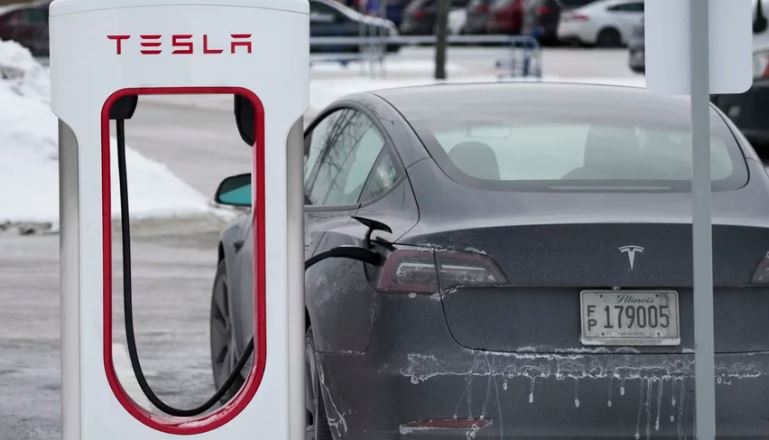
From NPR News – Due to the arctic blast and frigid temperatures well below zero degrees, many electric vehicles (EV’s) were sadly affected. Since the frigid temperatures in the northern part of the U.S. reached levels below the EV’s normal operating temperature ranges for their batteries, the vehicles could not be re-charged or maintain a constant charge. This presented major obstacles for many Tesla owners in Chicago along with longer than expected lines for Supercharger stations.
